
Everyone smells it...
Basil? Who doesn't know it. There are those who produce it, those who sell it and those who eat it. Everyone loves it ... er, smells it.
Among the aromatic plants, basil is one of the most cultivated species and one goes to great lengths to identify it as fresh, sacred, Greek, even super and superb, and from the etymology of the word... regal. Basil is mentioned in history, benefits and properties, recipes and even myths and legends. And today, what about the world of basil?
Basil cultivation today
We must say that basil must first be cultivated in order to exist.
Basil cultivation is of interest:
- to the amateur farmer, i.e. the hobbyist who has a vegetable garden or pots on his terrace, in order to consume it fresh, for his own cooking and to make pesto or for ornamental purposes
- to the agro-tourism company, for its rigorous production
- to the professional producer, such as the nursery, which produces the seedlings ready for transplanting, or the farm, which cultivates it for the market, i.e. for those who do not produce it. This type of cultivation is of interest to the food, pharmaceutical, perfume and cosmetics industry, but also to herbalist laboratories and all those channels linked to the catering and hotel sector, the fresh wholesale market such as food markets and supermarkets.
The basil grower is a professional, he cannot afford to make mistakes and therefore knows everything or almost everything about the seeds, the soil, the light and water and the predisposing or undesirable factors of that specific crop; and finally, the market. The market is a complex issue, but one thing is certain and undeniable: the quality of production must be at the base. This applies to all types of cultivation: a quality product will always have a growing market or at least an assured market. It is therefore to cultivation and its valorisation that the producer must first look, in order to ... safeguard his own future.
BioAksxter® is the best ally in the cultivation of basil both in and out of soil as it counteracts the emergence of resistant strains of parasitic pathogens. It also improves growing conditions by favouring the aroma due to the concentration of essential oils.
Basil production in Italy: trends
Basil is cultivated all over the world. Countless varieties are grown in open air, in greenhouses (35-40% of the total national area) and in other protected environments in aeroponics or floating systems.
According to Istat data, basil production in the last decade is as follows:

Basil diseases
Basil, yes everyone smells it, but ...
this aromatic plant is also rather susceptible to diseases caused by parasitic fungi, viruses and bacteria that can lead to major yield losses.
These pathogens can exert particularly high disease pressure, caused by:
- wrong choices related to irrigation, such as the volume of water and inadequate calibration of distribution
- use of risky products or application of products at inappropriate times or in wrong dosages
- pathogen resistance mechanisms induced by the massive and continuous use of harmful molecules (e.g. fungicides) and environmental pollutants.
The main diseases of basil include Fusarium oxisporum and tabacinum, Peronospora belbahrii, Corynespora cassiicola, Colletotrichum gloeosporioides and Botrytis cinerea, Rhizoctonia solani, Sclerotinia minor, etc.
The depolluting action of BioAksxter® prevents the transmission and spread of soil-, plant- and infected seed diseases, enabling a healthy and safe zero residue harvest and improving shelf life.
BioAksxter®: 4 winning results in basil cultivation
1st CASE HISTORY: Fusarium in basil cultivation
The farm A.S. (province of Verona) has been using BioAksxter® since 2007. One of its objectives was to reduce the fusarium problem in its basil cultivations, where the disease was causing a production loss of 30 to 50%.
The use of BioAksxter® highlighted the reduction of the disease already from the first interventions, which with regular and constant use has completely resolved, leading to production increases of 50 to 100%.
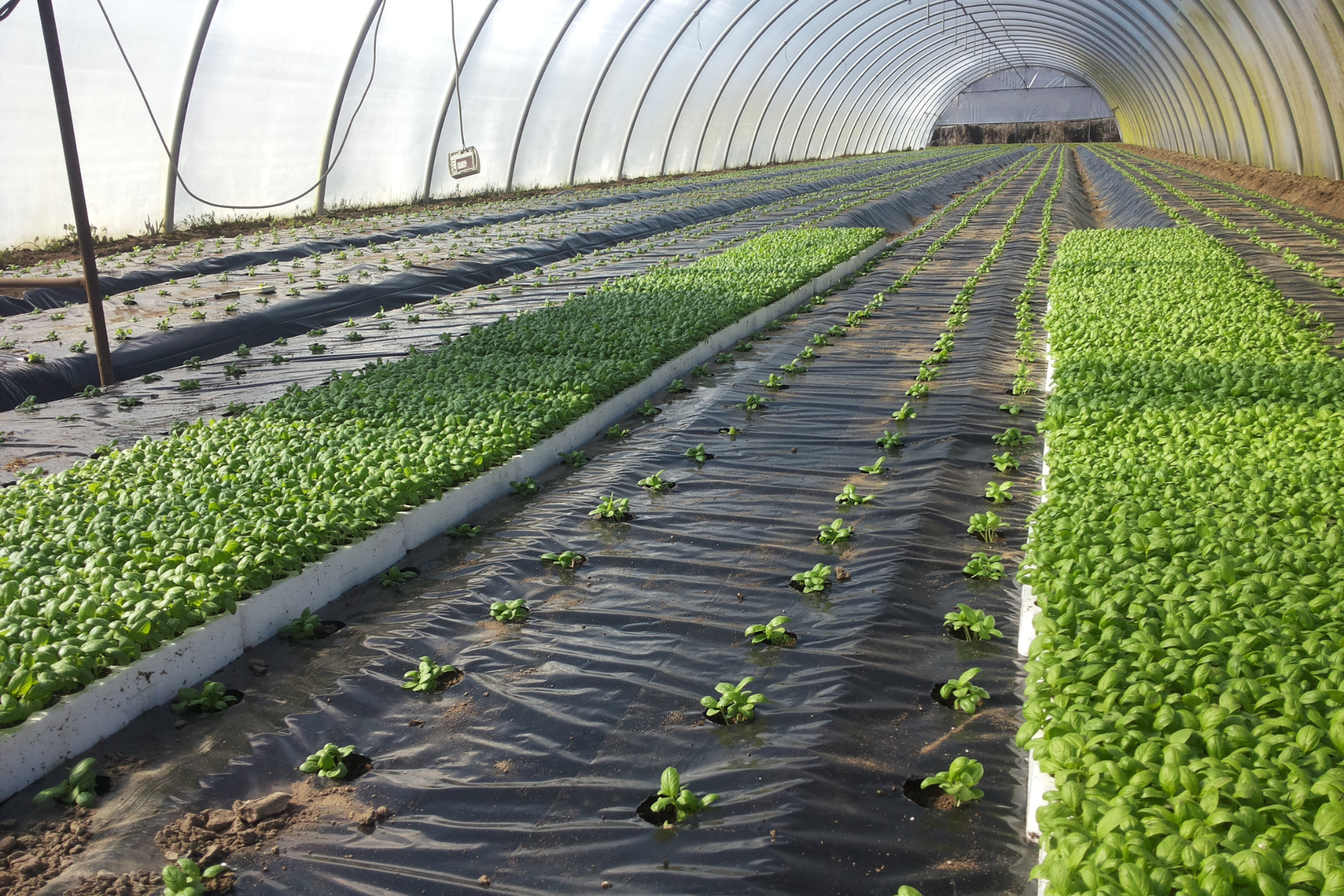
Basil grown with BioAksxter®
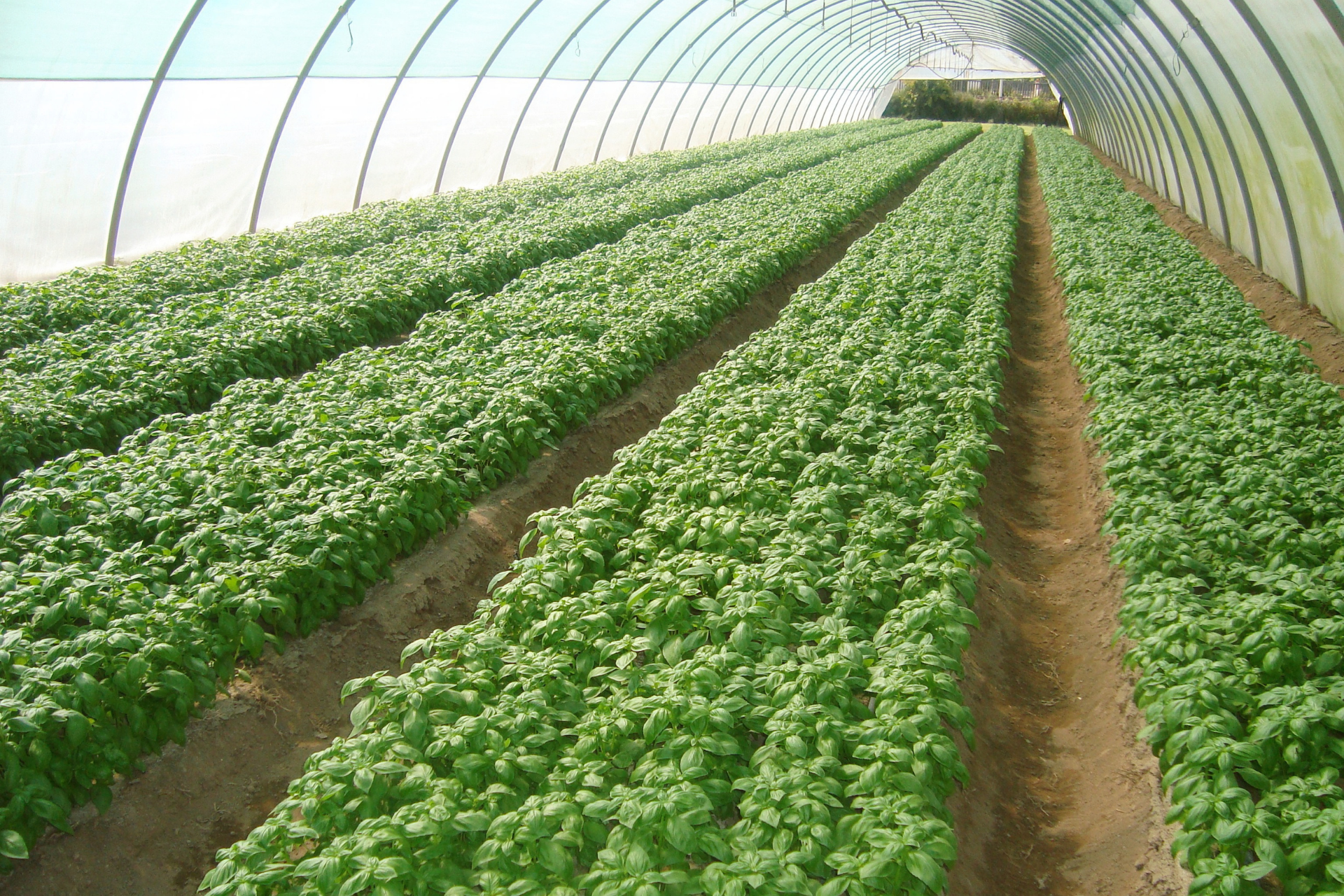
Basil greenhouse treated with BioAksxter®
2nd CASE HISTORY: Fusarium and collar rot in basil cultivation
The farm C.C. (province of Venice), oriented towards a reduced use of synthetic chemicals, has been using BioAksxter® since 2008. The aim was to improve crop health and production in qualitative-quantitative terms.
Increased leaf size and thickening are added values to the resolution of Fusarium and collar rot problems.
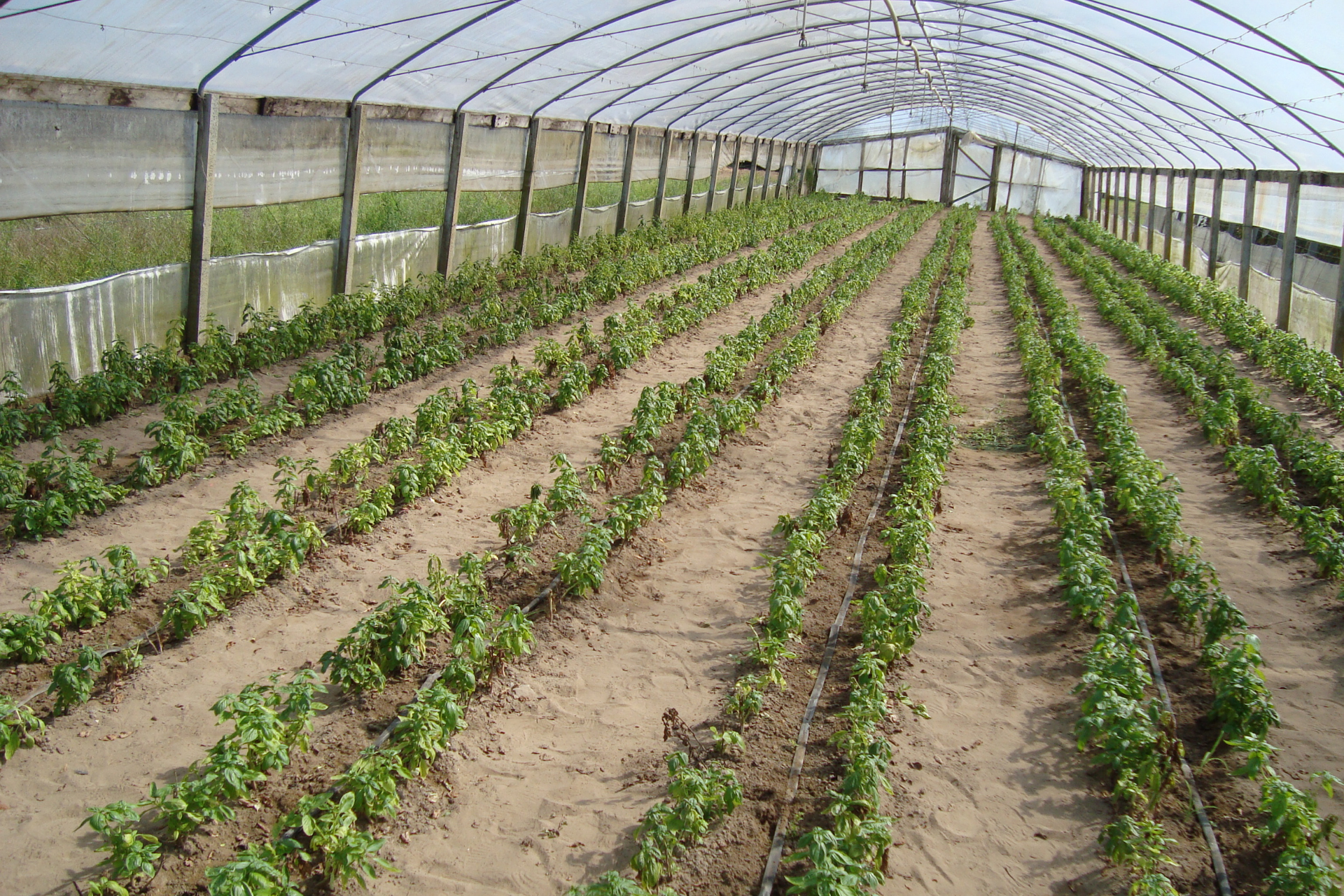
Cultivation of basil before treatment
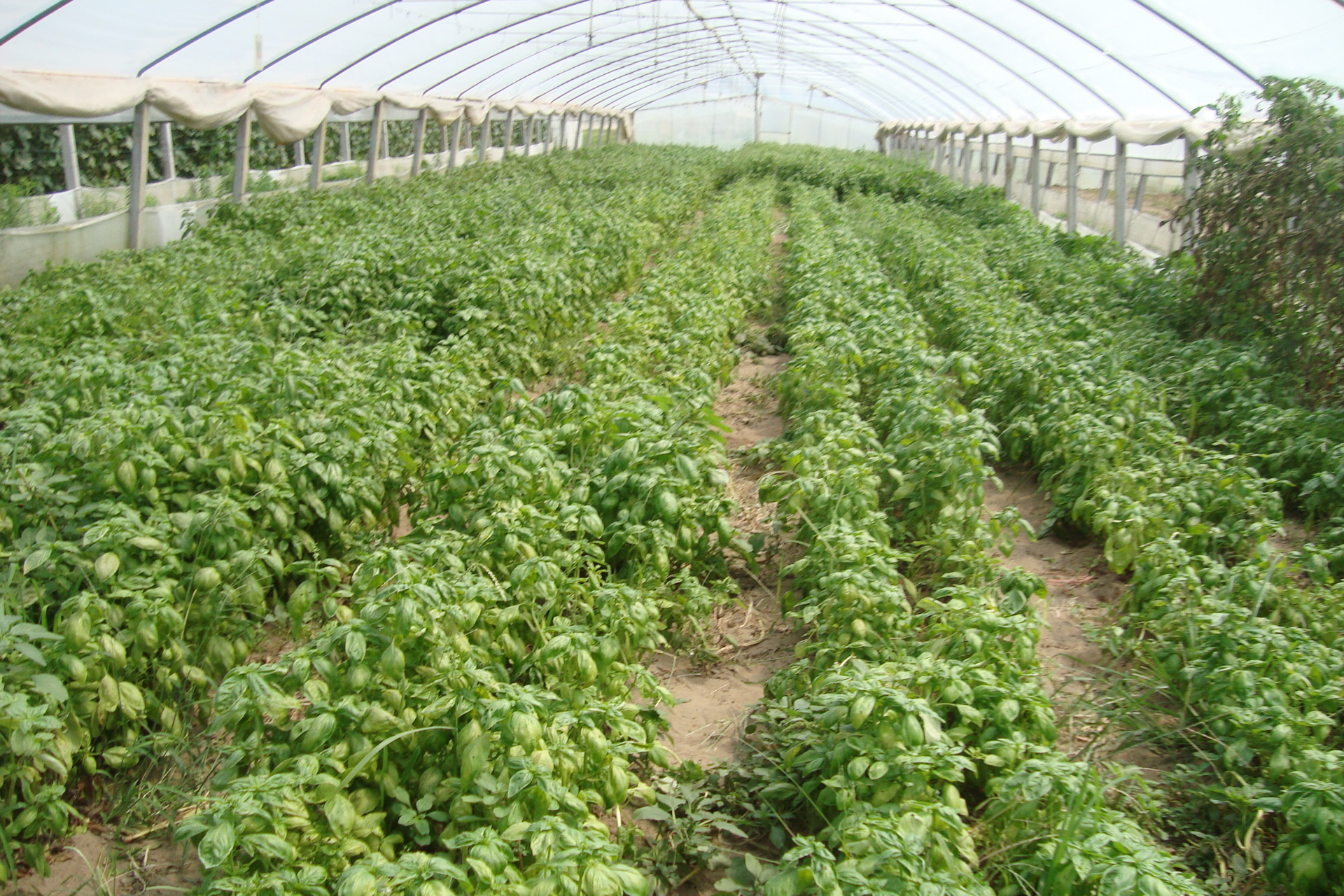
Basil crop after treatment with BioAksxter® (mid-cycle)
3rd CASE HISTORY: Corynespora Cassiicola in basil cultivation
The farm S.F. (province of Bergamo) has been using BioAksxter® on its crops since 2014. In the cultivation of basil, the problem of the fungal pathogen Corynespora cassiicola had been encountered, which, following successful treatments, led to an excellent production.
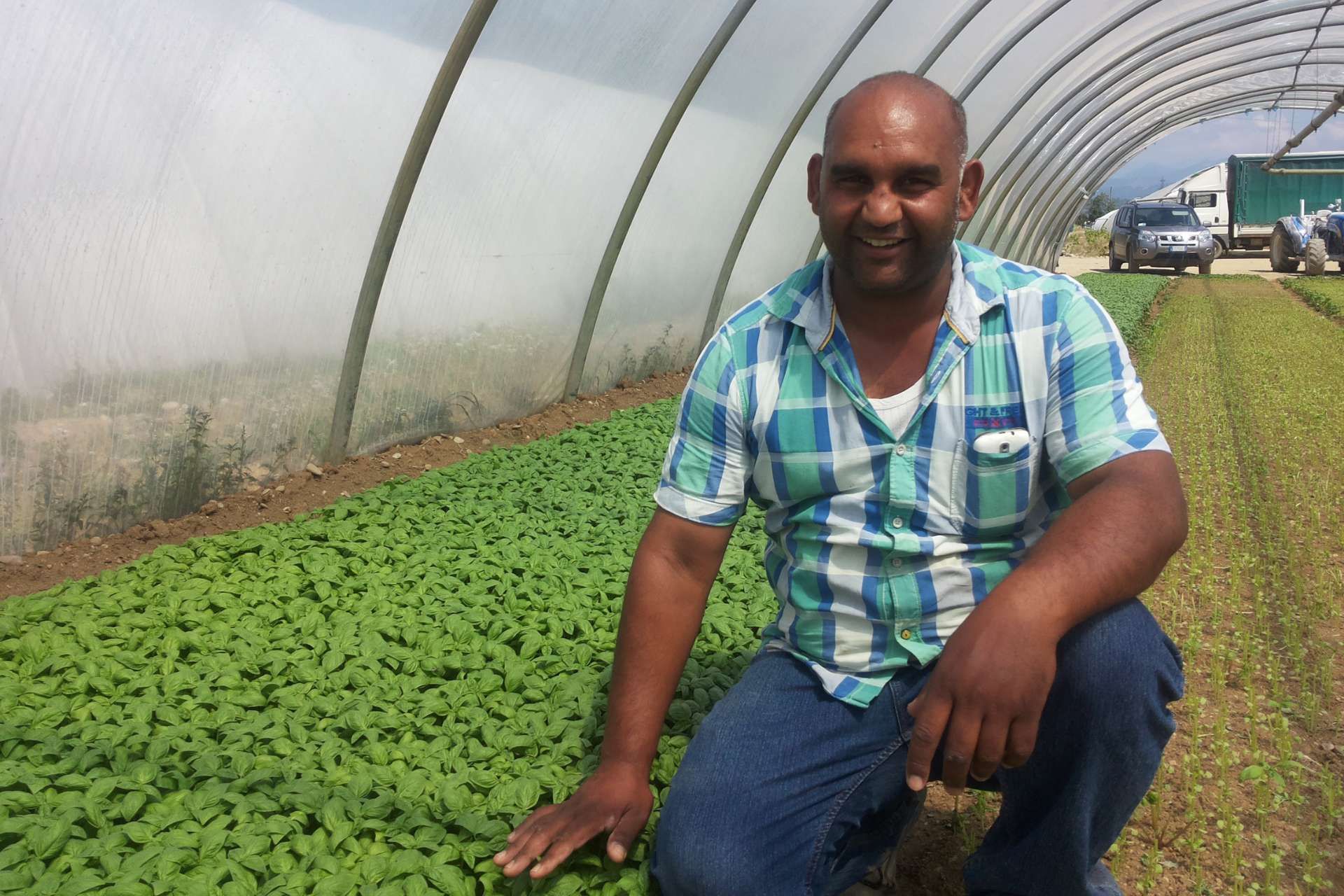
Basil grown with BioAksxter®
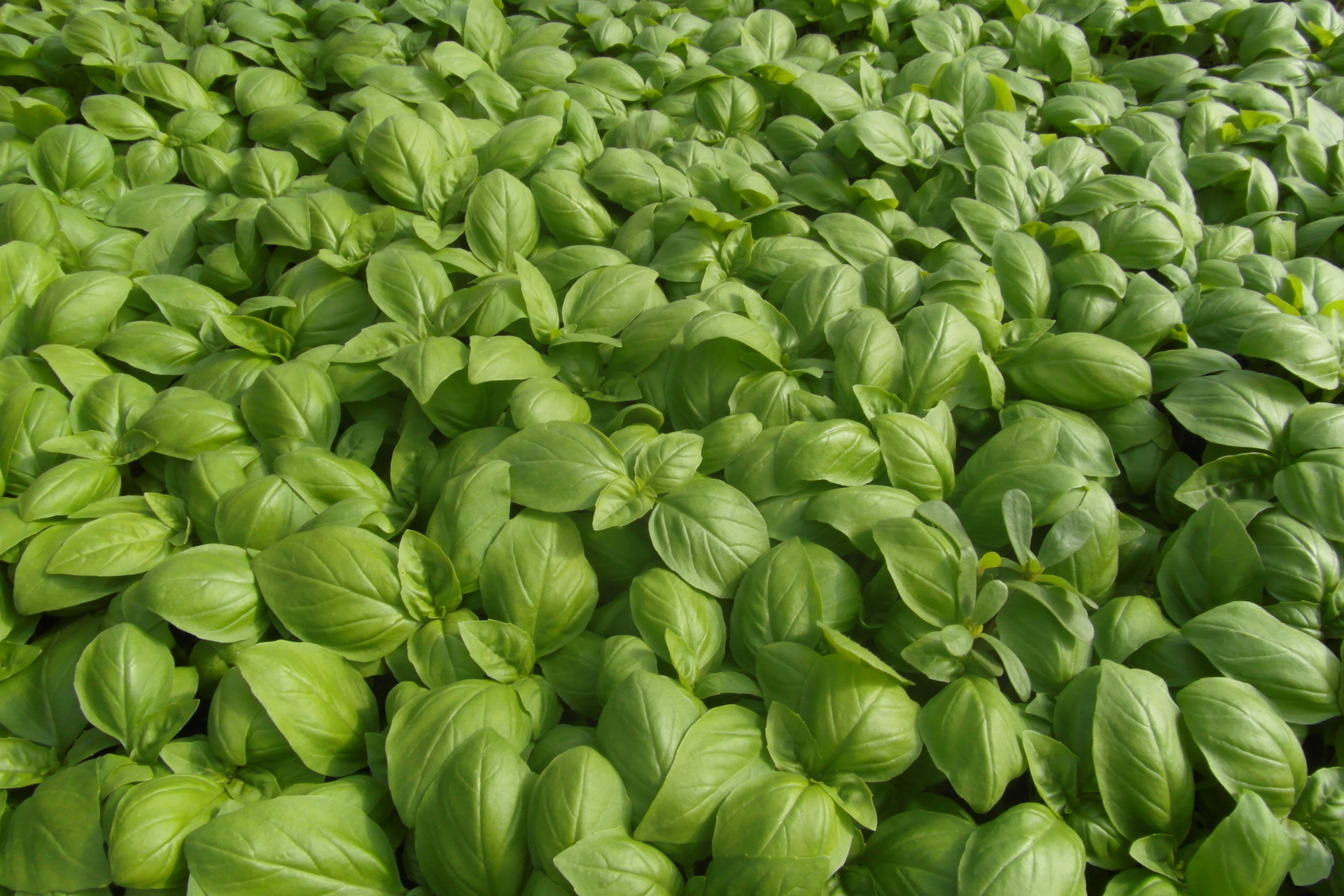
Basil grown with BioAksxter®
4th CASE HISTORY: plant diseases in the cultivation of basil of excellence
The farm L. U. (province of Bergamo), which produces for the wholesale market, has been using BioAksxter® on its crops since 2014, when it was introduced to the farm following the use of inappropriate products that had caused some problems. Thanks to the disinfectant and regenerative treatments of this technology, basil production has also been excellent.
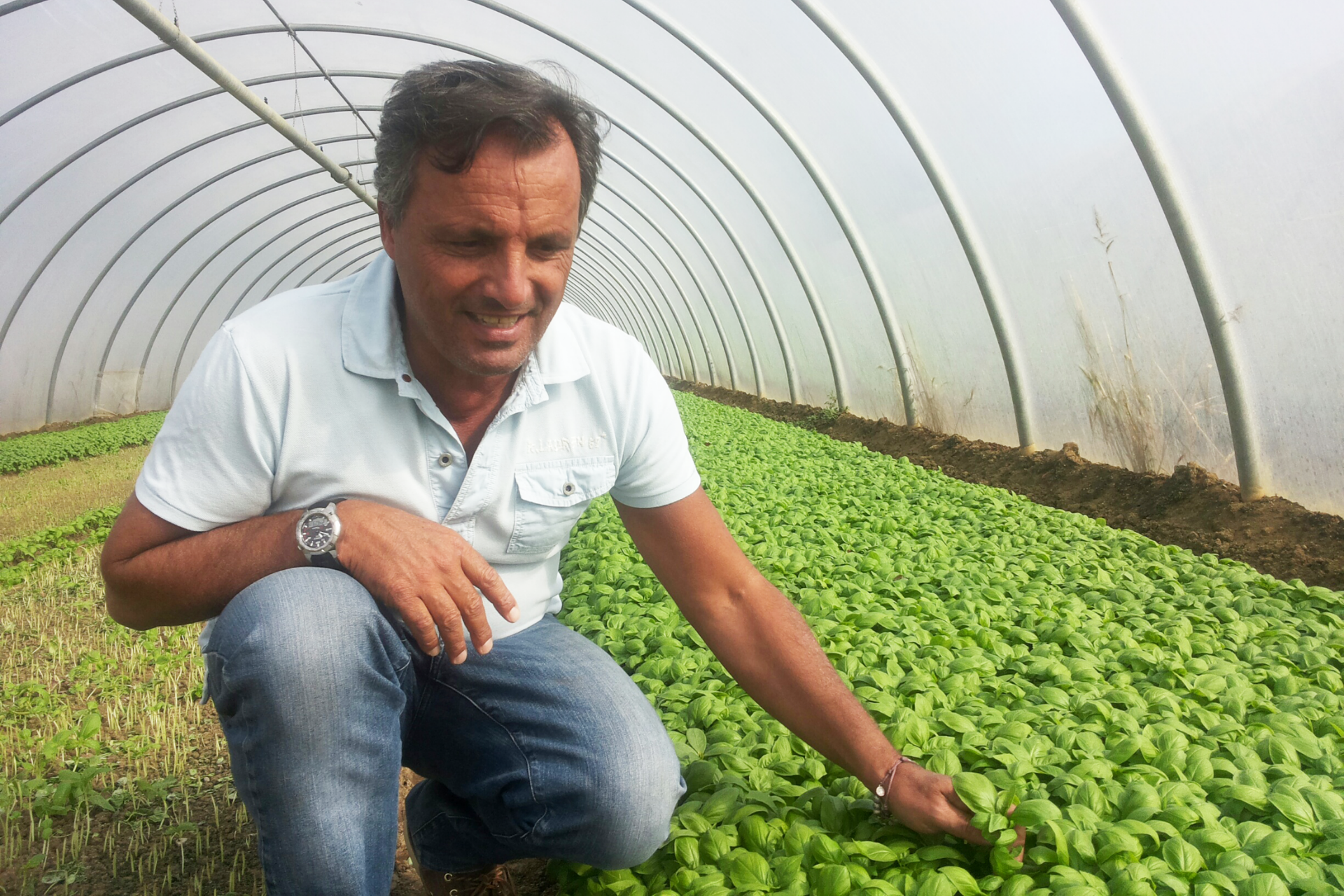
Basil grown with BioAksxter®
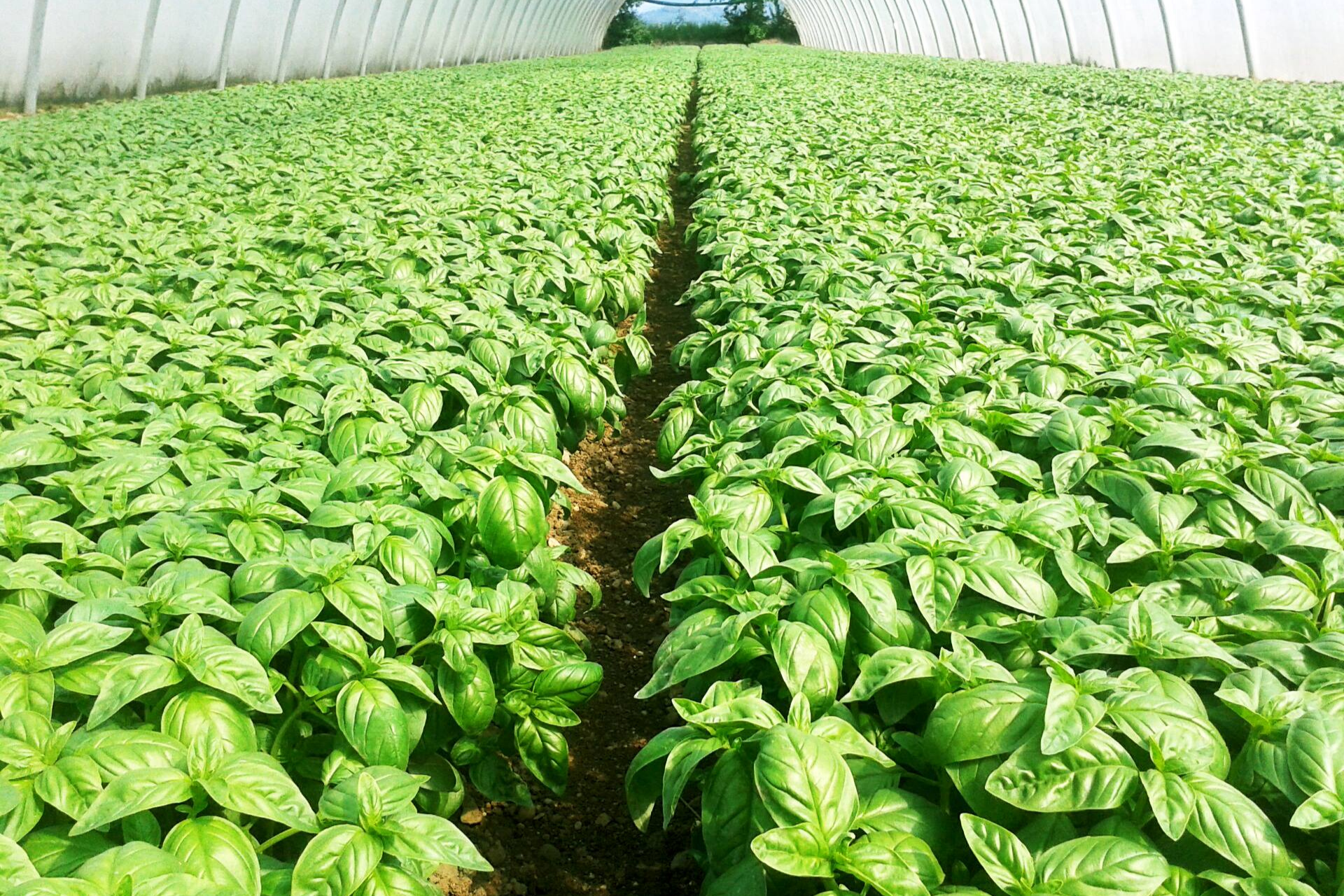
Basil grown with BioAksxter®